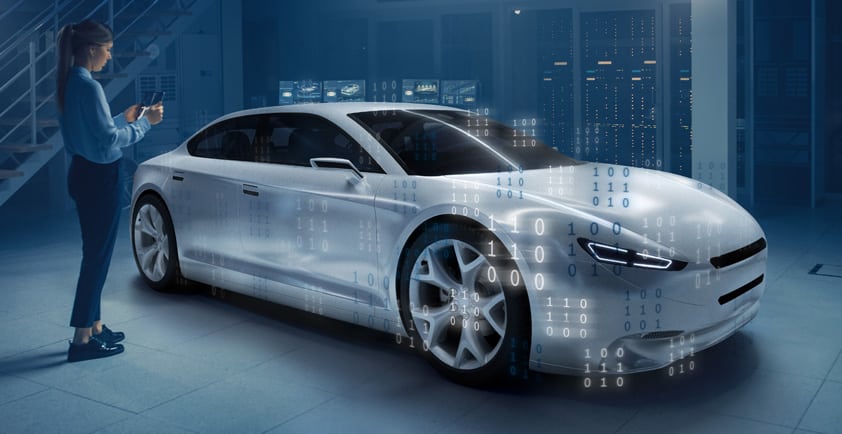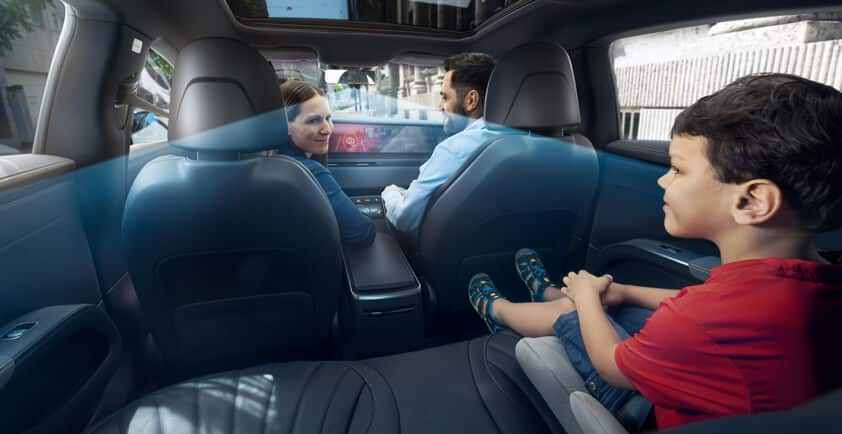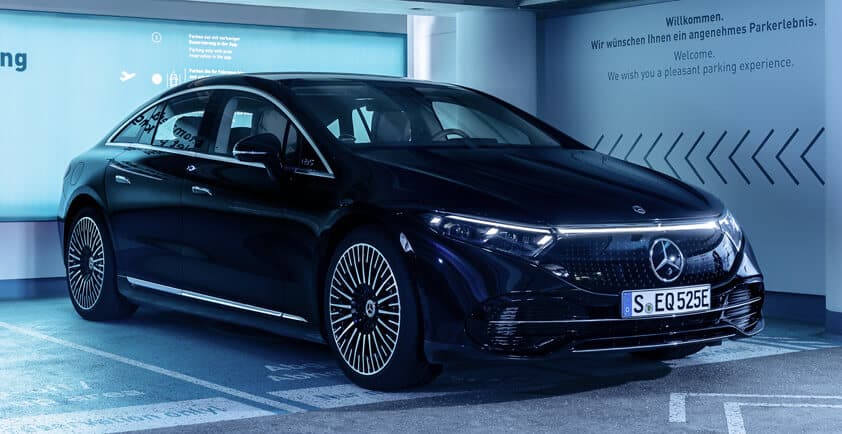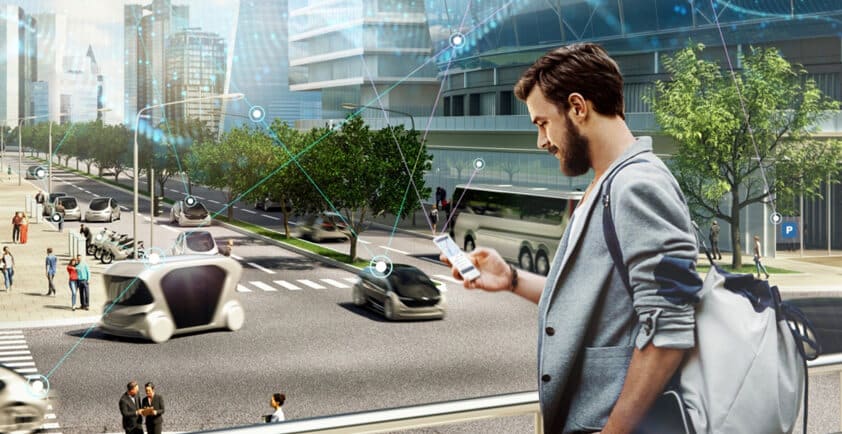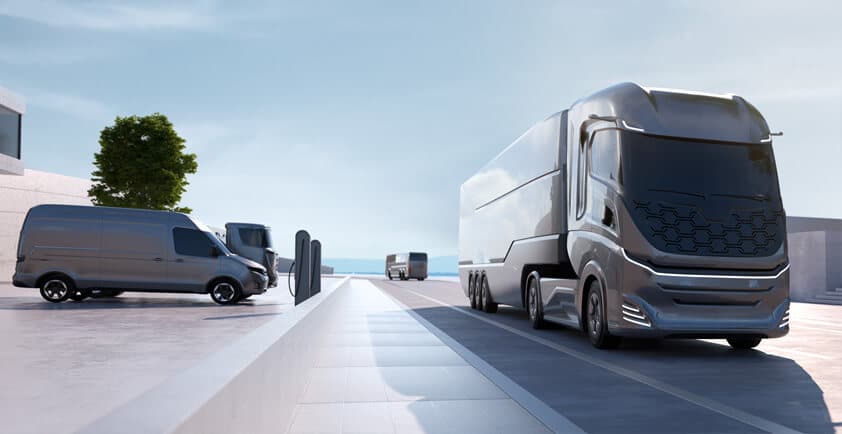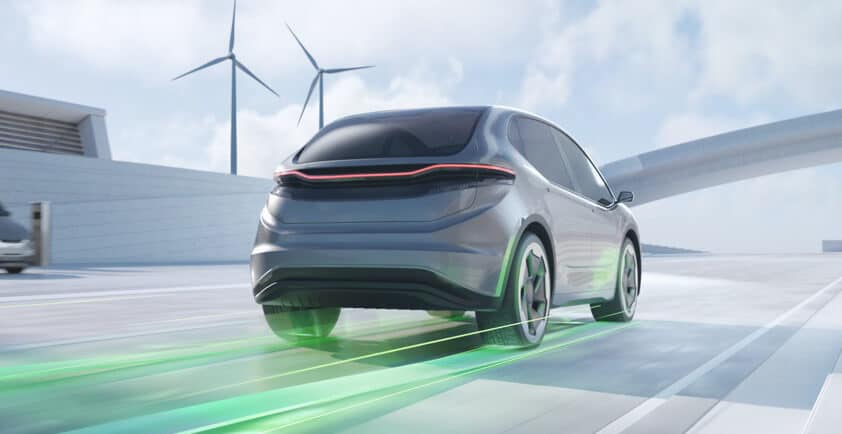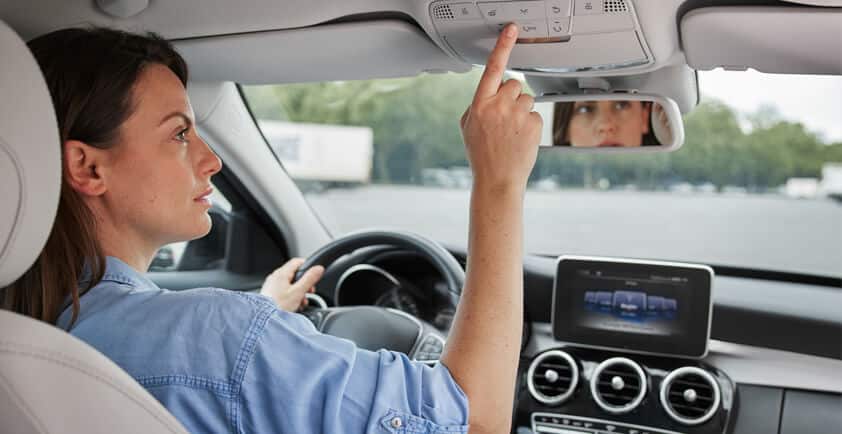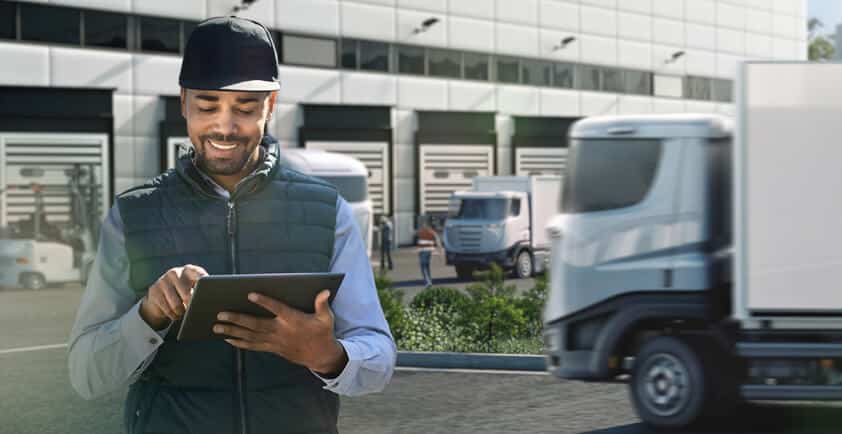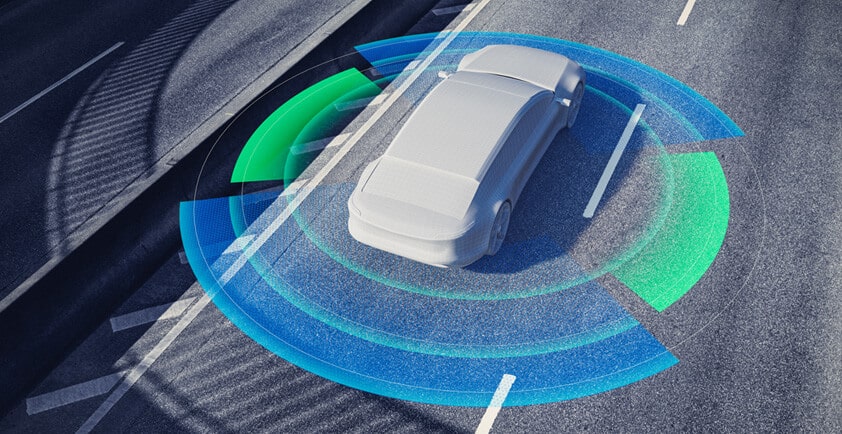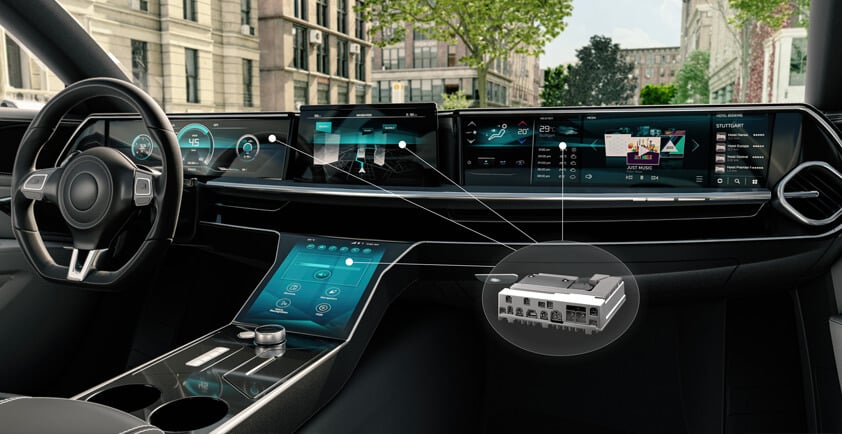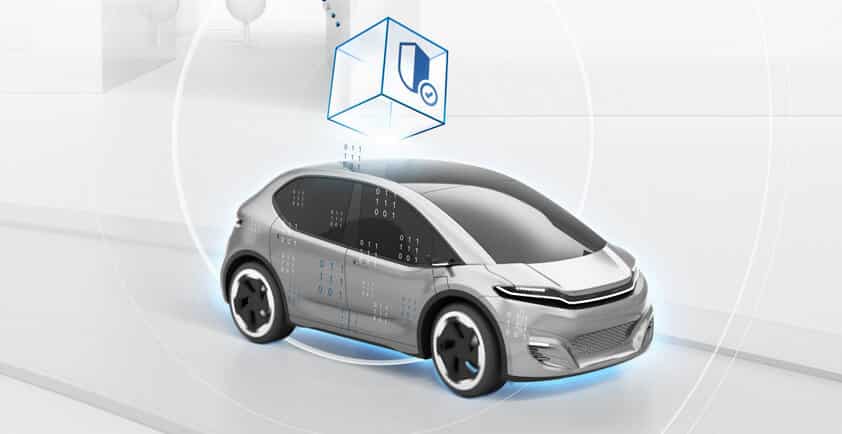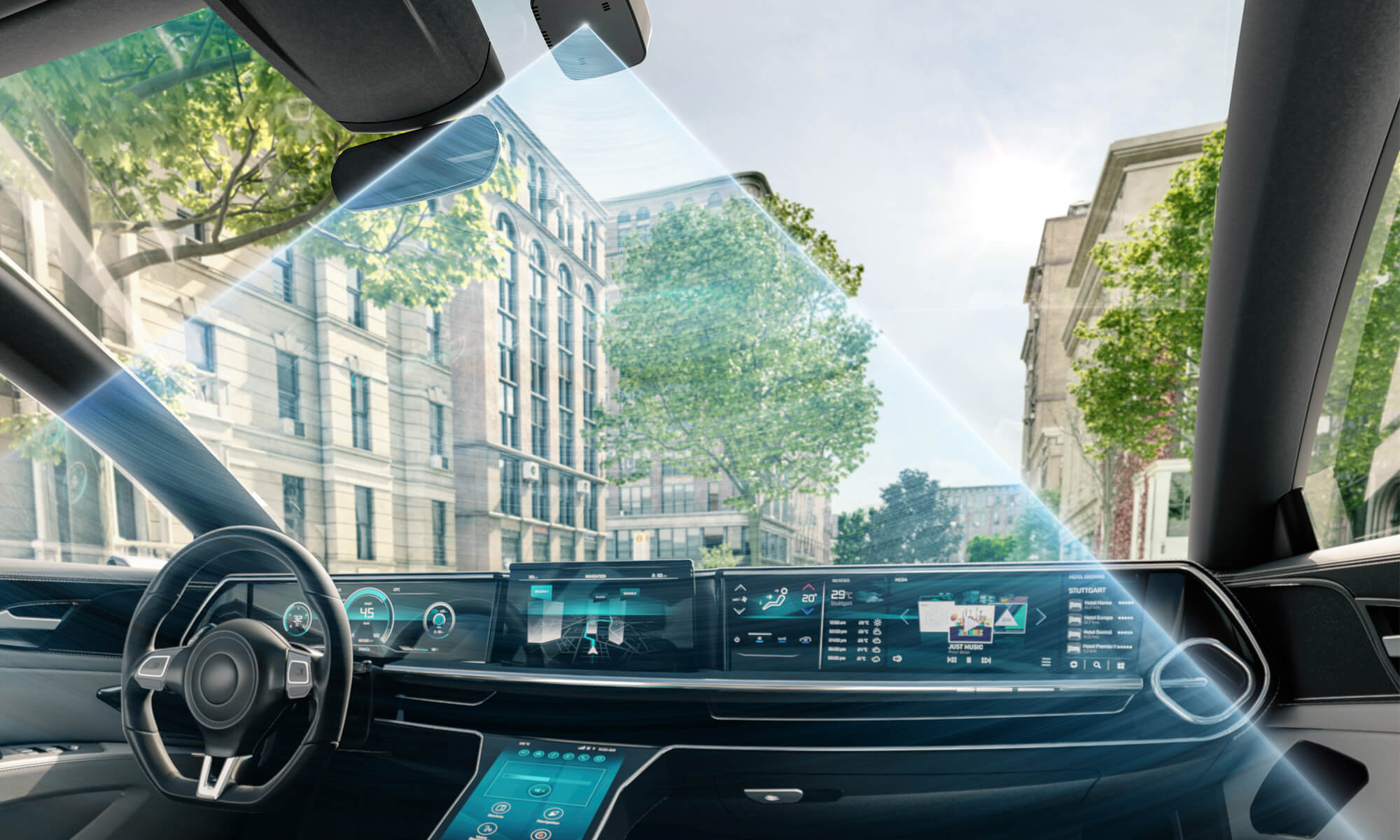
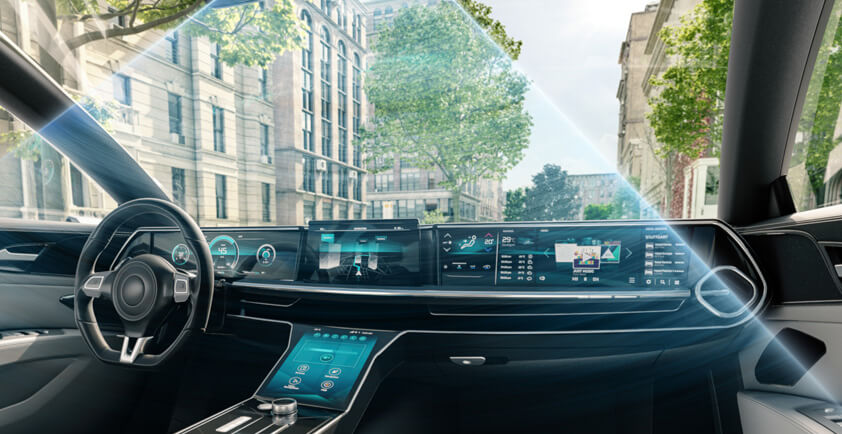
SAFE AND SOUND FROM A TO B: BOSCH RIDECARE SOLUTION KEEPS CARSHARING VEHICLES IN IMPECCABLE CONDITION
Pilot projects with carsharing providers in Europe, North America, and Asia
>> A world first: Bosch Ridecare services use just one sensor box to detect damage to a vehicle and smoke inside the vehicle.
>> Data is evaluated using methods of artificial intelligence.
>> The greatest growth potential for smart mobility solutions is in Europe.
Stuttgart, Germany – People who use shared vehicles expect their car to be roadworthy, and not to smell of smoke. It is more than annoying when a vehicle is scratched and dented or someone has smoked in it. Thanks to the new Ridecare solutions Bosch is developing for fleet operators and mobility service providers, this will soon be a thing of the past. The aim is an even safer and more pleasant ride for every user. The first standard Ridecare feature is smoke and damage detection. For this, Bosch combines a sensor box in the vehicle with cloud-based data analysis using artificial intelligence. This allows sharing providers to receive important, easily understood information in real time on whether a vehicle has been damaged or someone has smoked in it. Repairs or cleaning can then be carried out more quickly and more in line with demand, optimizing fleet management. “In carsharing, one of the main keys to customer satisfaction is to ensure users have a safe and pleasant driving experience at all times. With its Ridecare solutions, Bosch is setting a new standard for an even better customer experience in the sharing market,” says Harald Kroeger, member of the board of management of Robert Bosch GmbH. The supplier of technology and services is currently working on pilot projects with leading sharing providers in Asia, North America, and Germany with a view to launching a production version of its smoke and damage detection system. Bosch also recently received official approval for this system from TÜV Süd, including a confirmation of the reliability of these fleet services.
Ridecare creates transparency
Carsharing providers usually receive little if any information about whether their vehicles were damaged or smoked in during a given rental period. While users often report instances of major damage to the car, providers tend to be saddled with the cost of repairing supposedly minor damage. Another source of great dissatisfaction among customers is taking possession of a vehicle in which the previous driver has surreptitiously been smoking. In such cases, the cost of professional interior cleaning can often run into several hundreds of euros. With its Ridecare solutions, Bosch can now give carsharing providers clarity instead of conjecture: a sensor box in the vehicle detects both cigarette smoke in the interior and damage to the exterior. Detecting these types of damage with just a single sensor unit is a first in the industry. The solutions available until now could detect either smoke or accidents, but not both. “Bosch’s combined smoke and damage detection system is the world’s first production solution that can reliably detect and incontrovertibly report both damage to and smoke inside the car,” Kroeger says. In addition, the box’s sensors are so precise that they can detect not only accidents, but even accidental damage while parking. This includes minor collisions involving a shared vehicle that is parked downtown and not currently rented out. As a result, sharing providers can directly determine who either caused the damage or smoked in the vehicle.
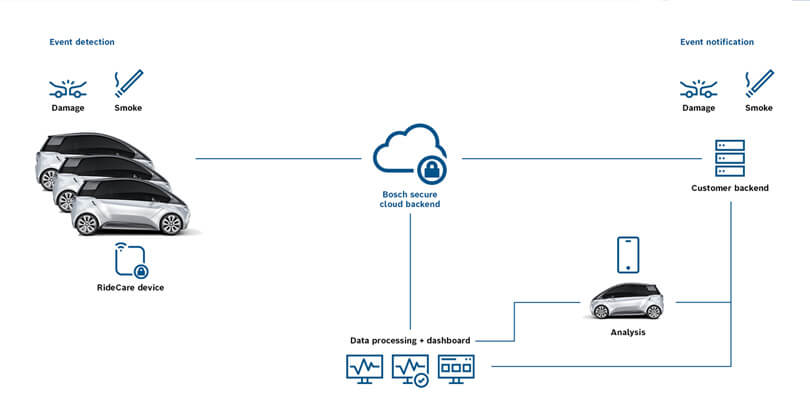

Ridecare creates transparency
Bosch combines artificial intelligence with the internet of things
Bosch’s innovative fleet services comprise a sensor box permanently installed on the inner windshield of the shared vehicles as well as intelligent software for data analysis in the cloud. As soon as sensor information about accidents or smoke in the vehicle interior has been transmitted to a cloud backend, Bosch can use artificial intelligence (AI) methods to derive the intensity of any impact and classify it for the fleet operator. Intelligent algorithms incorporate both the vehicle’s driving dynamics data and additional information such as the condition of the road. This means sharing providers can know exactly whether damage is merely cosmetic or whether it needs to be assessed and repaired immediately to ensure that the vehicle remains roadworthy. “Ridecare services are yet another demonstration of the potential of AIoT – the combination of artificial intelligence and the internet of things. Now its benefits will also be available to the users of sharing services,” Kroeger says. Thanks to AI data analysis, moreover, Bosch can also identify where exactly the vehicle has been damaged, for example on the rear bumper or even on the underbody. This facilitates the documentation and appraisal of the damage. If the data from the sensor box is later combined with images of the damage, fleet and mobility service operators can also obtain an estimate of repair costs on request.
Digital solution for fleet management
For sharing providers, fast and transparent documentation of damage to individual vehicles in the fleet is hugely important, as it is the only way for them to improve roadworthiness and minimize downtime. In addition to damage classification, Ridecare services also tell the sharing provider exactly where and when the accident happened, and when someone smoked in the car. This information enables fleet managers and mobility service providers to keep their vehicles in perfect condition at all times and to enhance driver and passenger well-being.
Despite a dip in demand during the coronavirus pandemic, experts predict a boom in the carsharing market: the market for mobility services that replace the private car is currently worth 127 billion dollars in Europe, of which 17 billion dollars is attributable to the German market. The consulting firm Strategy& estimates that this sales potential could more than quadruple across Europe to 549 billion dollars by 2035.
